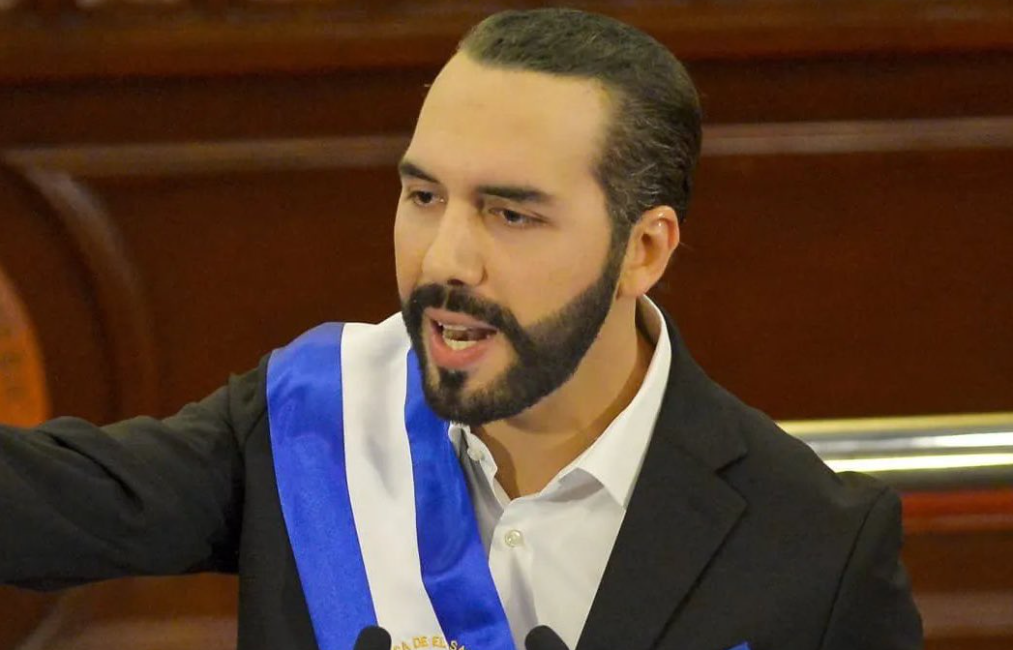El Salvador has taken a pioneering step in the cryptocurrency world by moving a substantial portion of its Bitcoin holdings into a cold wallet, a form of storage that is not connected to the internet, thus enhancing security. This move not only marks a significant advancement in the nation’s approach to Bitcoin but also showcases its commitment to leveraging cryptocurrency for economic development.
A New Home for National Bitcoin Reserves
In an innovative initiative, El Salvador’s President Nayib Bukele announced the creation of a “Bitcoin piggy bank,” a secure cold wallet for storing the nation’s Bitcoin reserves. This wallet, safeguarded in a physical vault within El Salvador, contains a whopping $388 million in Bitcoin. The announcement, made on March 14, has attracted widespread attention and admiration from the global Bitcoin community.
A Warm Reception from the Bitcoin Community
The Bitcoin community responded enthusiastically to El Salvador’s initiative, contributing approximately $700 in satoshis through dozens of donations. These contributions include not only monetary donations but also unique digital assets like Ordinals, which encompass everything from BRC-20 tokens to 3D images and even the seminal “Cypherpunk Manifesto.” This document, advocating for the use of encryption to protect privacy in the digital age, underscores the ideological synergy between El Salvador’s initiative and the broader Bitcoin ethos.
Notable Contributions and Historical References
Among the contributions are “pizza sats,” a nod to the infamous purchase of two pizzas for 10,000 BTC in 2010, and “vintage sats,” referencing the early days of Bitcoin mining. These donations, totaling 56 transactions, reflect the Bitcoin community’s support and enthusiasm for El Salvador’s cold wallet project.
Building Trust through Transparency
El Salvador’s transparent approach to managing its Bitcoin holdings has garnered praise from various quarters, including Bitcoin mining projects and investment firms. The nation’s Bitcoin reserve, previously understood to be 2,864 BTC, has been revealed to be much larger, with the cold wallet holding 5,689 BTC. This revelation has been possible through the meticulous tracking of government transactions, including earnings from passport programs, mining projects, and local business transactions.
The transfer of Bitcoin to the cold wallet was achieved using multisignature authorization, a security measure requiring multiple approvals for transactions. The largest transfer involved moving 4,000 BTC into the wallet, a testament to the robustness of this approach.
A Reaffirmed Leadership in Bitcoin Adoption
President Nayib Bukele’s re-election with overwhelming support underscores the popularity of his Bitcoin-centric policies. Since making Bitcoin legal tender in September 2021, El Salvador has positioned itself as a leader in cryptocurrency adoption, demonstrating a visionary approach to economic innovation and financial inclusion. This bold step into secure Bitcoin storage reinforces the nation’s commitment to leveraging digital currencies for national development.

